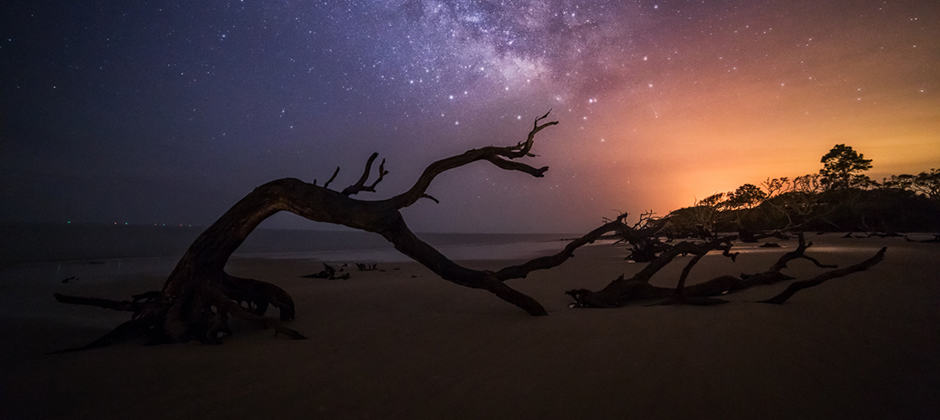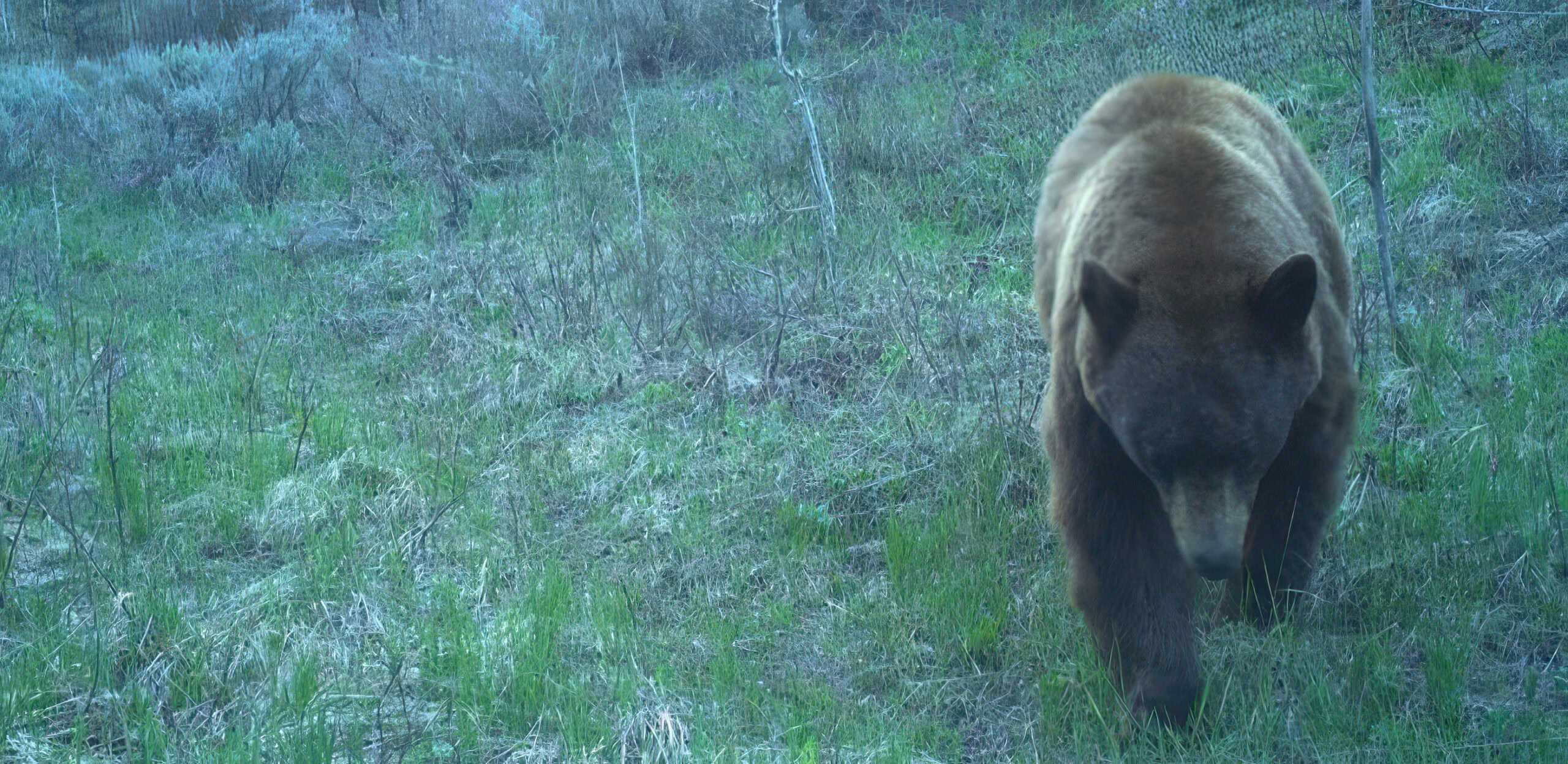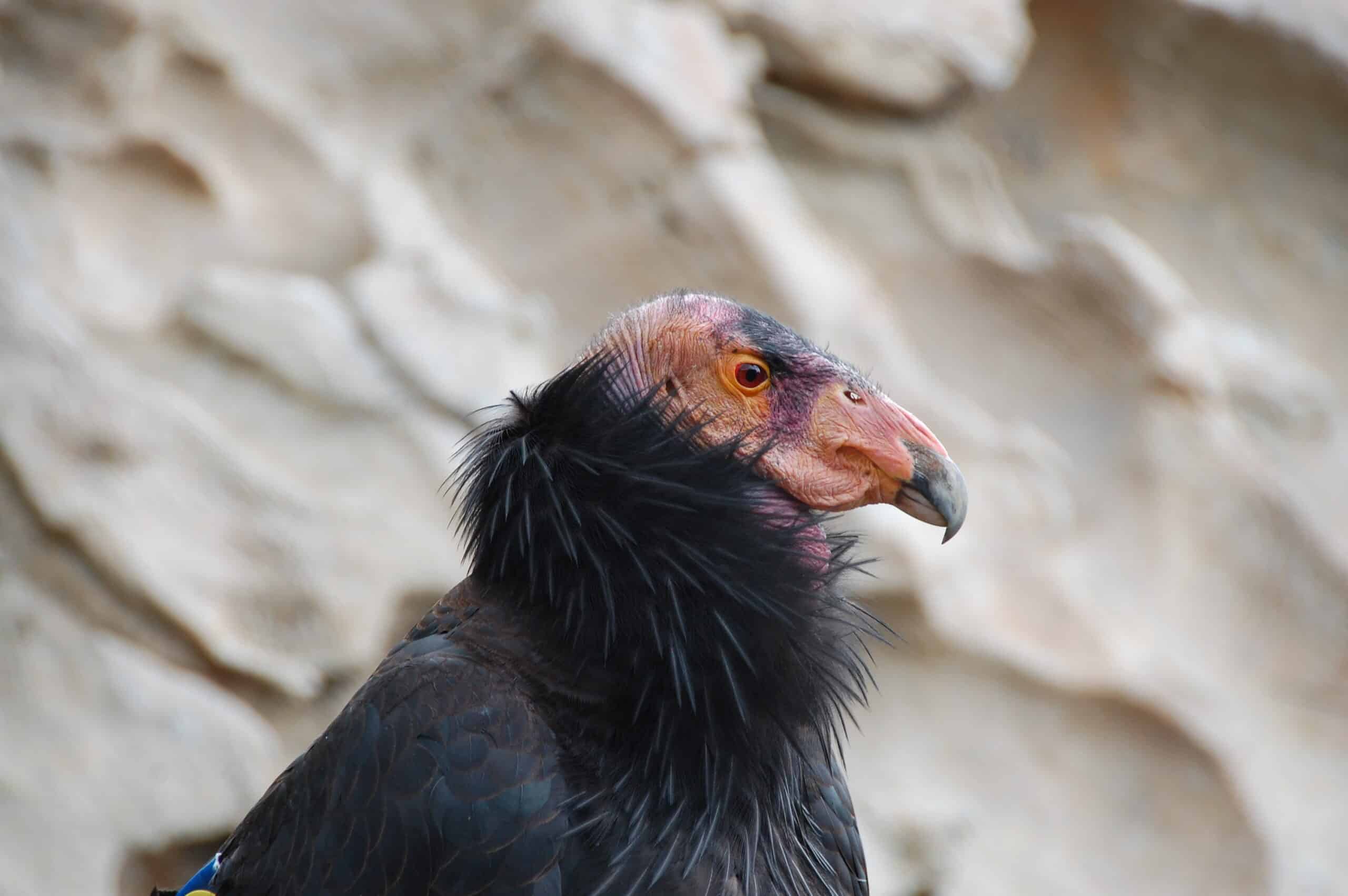Share this article
Darkness may play a key role in healthy ecosystems
Artificial light can be problematic for wildlife. Office lights can send migrating birds flying into the windows of skyscrapers. Turtle hatchlings can follow lights away from the sea instead of into it. But researchers say artificial light can also play a role in habitat fragmentation. In a recent study published in the journal Landscape and Urban Planning, a team of researchers looked at the role of darkness in healthy habitats.
“The authors drew on a body of research conducted over the past two decades that suggests artificial light at night restricts the range of some species, making it more difficult for them to forage and find mates,” writes Undark. “Artificial light, in this sense, functions similarly to roads, fences, and walls—physical barriers that biologists have long understood pose a threat to sensitive species.
Header Image: Dark night skies can be important for wildlife, sometimes in surprising ways. Credit: grahamvphoto








